African Digital Health Initiative
The Future of Healthcare in Africa: Expanding Digitized Healthcare Services by Mobilizing African and Friends of Africa Medical Professionals Abroad
The Future of Healthcare in Africa Doesn’t Look Like What We See Today
Previous to the pandemic, a person aged between 30 and 70 years living in Africa had a 1 in 5 chance of dying from one of the major chronic illnesses like cancer, diabetes or cardiovascular disease. We expect that number to rapidly increase this year.
The Future of Healthcare in Africa Looks Like
- Direct access to African medical professionals with global experience
- Remote diagnostic capabilities
- Super secure data encryption
- Low prices for consultations due to efficient healthcare visits
- Platform for shopping prescriptions to drive cost down
- Safety protocols around allergies, medications and other current conditions
- Follow-up coaching and support mechanism virtually
- Direct access to quality medical care in minutes
Program Goals
- Implement a robust digital health pilot project in Muyumbu to address gestational diabetes, with the goal of expanding healthcare access in Africa using the latest digital health technology to targeted populations, especially women and girls.
- Mobilize medical professionals and medical device companies from the African Diaspora in the U.S. and beyond to provide critical healthcare services and technologies.
- Equip Rwandan healthcare providers with the knowledge, skills, and the tools to diagnose and manage patients.
- Advance emergent technologies for the benefit and well-being of target populations.
- Provide a voice and forum for the recognition of African healthcare innovators.
- Improve reporting system and data management for gestational diabetes since current estimates are highly underreported
Patient Benefits
Clients — especially women, girls, and the elderly — can access quality medical care and education
Speak with a clinician who is familiar with their culture. This is ok for providers, but not feasible for patients
Know that their data is secure and protected
Timely access for their Rwandan health care professionals to specialists to ensure high quality, evidenced-based care and follow up
Access to an evidence-based and easily comprehended community health education program about gestational diabetes
The Rise of NCDS & Diabetes in Africa and the Shortage of Trained Health Professionals on the Continent
Over the past two decades, there has been a surge in the burden of non-communicable diseases (NCDs) in sub-Saharan Africa, driven by a rising incidence of cardiovascular risk factors such as unhealthy diets, decreased physical activity, obesity, hypertension, dyslipidemia, diabetes, and air pollution. NCDs are on track to surpass communicable, maternal, neonatal, and nutritional diseases combined as the top cause of mortality in sub-Saharan Africa by 2030.
Gestational diabetes mellitus (GDM), a type of NCD, is a significant public health concern and poses a major threat to maternal and child health in Africa. Muche et al. (2019) conducted a systematic review and meta-analysis using published articles on the prevalence and associated factors of GDM in Africa with the updated international diagnostic criteria. The findings were that from January 1, 2013, to November 26, 2018, the prevalence of GDM was highest in the Central African sub-region (20.4%), followed by 16.76% in the East African sub-region, 14.28% in Southern Africa, and 10.72% in West Africa.
The rise of NCDs in Africa, especially in Rwanda, presents a high ratio of cases relative to the number of healthcare providers. According to Open Data for Africa, Rwanda has one physician, seven nurses and midwives, and three other health workers per 10,000 population density as of 2018. These figures are significantly lower than the World Health Organization (WHO) recommended critical minimum threshold of 44.5 per 10,000 (WHO, 2016). This shortfall illustrates an insufficient number of trained health professionals relative to the demand. It results in long wait times to see a provider, overburdened hospitals and clinics, and a lack of prioritization on preventive care, including education of patients about their disease, adherence to medications, etc.
A Collaborative Approach to Healthcare in Africa
- Developing a digital health platform to engage African and Friends of Africa medical professionals abroad
- Building the capacity of nurses and midwives on the management of diabetes
- Implementing the pilot at the Muyumbu Health Center in Rwanda, in collaboration with onsite staff at the health center
ADN Digital Health Pilot Advisory Committee

Dr. Ruma Bhagat
Principal Science Leader, Global Health Equity and Population Sciences; Genentech, Inc.
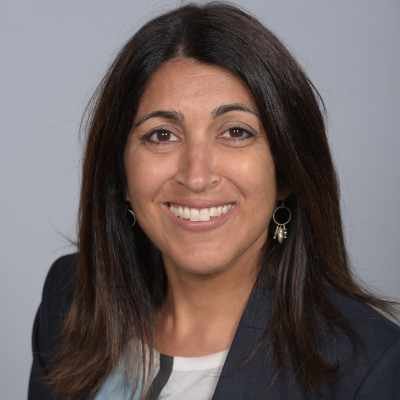
Vinona Bhatia, MD MPH,
Founder, Partnering for Cancer Innovation
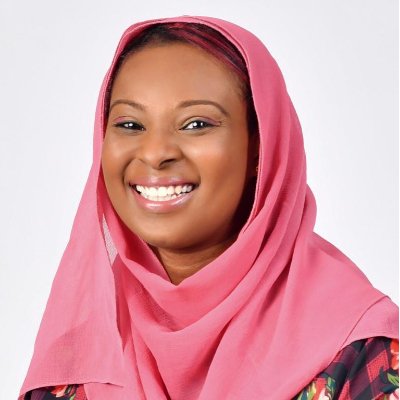
Huwaida Bulhan
Senior Clinical Operations & RWD Lead Sub Saharan Africa | Project Lead, Global Health Equity & Population Science (HEPS), Roche-Genentech Inc.
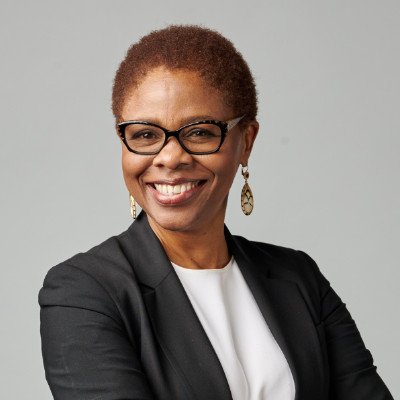
Dr. Josephine Fubara
Chief Science Officer, Consumer Healthcare; Sanofi
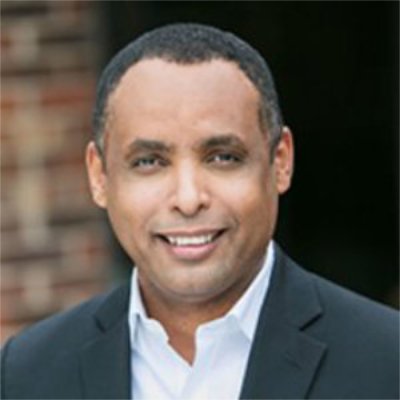
Dr. Josh Ghaim
Founder and Managing Partner, Ignite Venture Studio; Board Chairman, African Diaspora Network
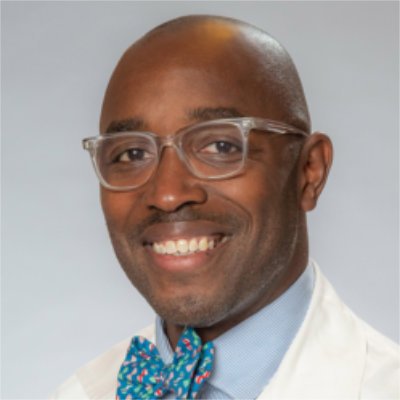
Dr. Christophe E. Jackson
Certified Surgical Physician Assistant & Clinical Design Engineer; CEO, Gideon MedTech
Dr. Christophe Jackson, PhD, DMA, PA-C, is a New Orleans native having received his doctorates in Biology, Mechanical Engineering and Piano Performance in 2012 and a master’s degree in Physician Assistant Studies in 2018 from the University of Alabama at Birmingham. Dr. Jackson went on to receive postdoctoral training in Neuroscience and Music at Tulane University. Dr. Jackson works as a neurosurgical physician associate at a busy Level 1 trauma center in brain and spine at Wellstar Atlanta Medical Center. Dr. Jackson utilizes his extensive expertise to bridge the gaps between access to healthcare, development of new technologies, and advancing research. He is the CEO of GideonMedTech, a Medical Technology, Design, Engineering & Innovation company based out of New Orleans.
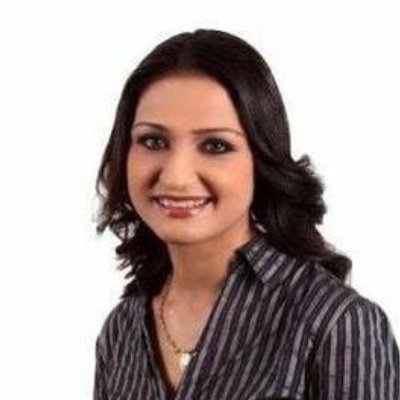
Dr. Deepa Maharaj
Africa Science Affairs Head, Sanofi Consumer Healthcare

Ndeye Makalou
Senior Director – Product Strategy Leader, Global Supply Chain, Roche-Genentech
African Digital Health Pilot Team Leads
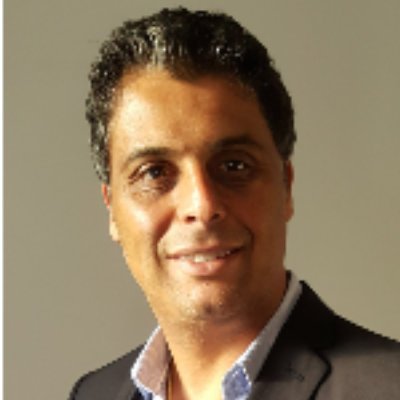
Hatim Chraibi
Executive-in-Residence, African Diaspora Network

Muhammed S. Bah
Innovation & Diaspora Engagement Officer
Muhammed leads operations for ADN’s innovation programs and initiatives, including the ADN Telehealth Pilot. Prior to joining ADN as a volunteer intern in July 2022, he worked as a timeline project manager at the Duke University Center for Muslim Life, where he had the opportunity to serve Muslim students on campus. He also helped coordinate several community events geared toward building relationships between Duke University students, local leaders, and professionals from diverse disciplines.
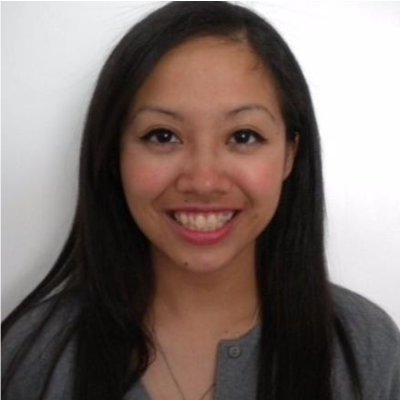
Debra Pacio
Entrepreneurship and Community Engagement Manager

Megan Hunsberger
Program and Digital Media Manager

Yinka Djin
Information Technology Associate
Health Builders Digital Health Pilot Team Leads

Nancy Reynolds,
Board Chair
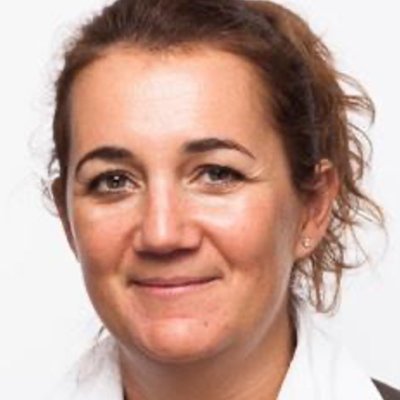
Dr. Céline Audibert,
Treasurer and Chair of the Programs Committee
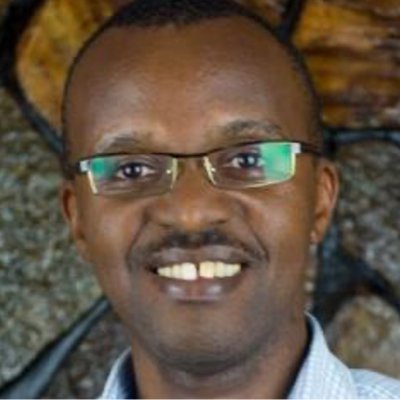
Michel Musilikare,
Executive Director

Immaculate Kyarisiima,
Director of Programs and Development

Didier Uwizera,
Data Management and Monitoring and Evaluation Specialist
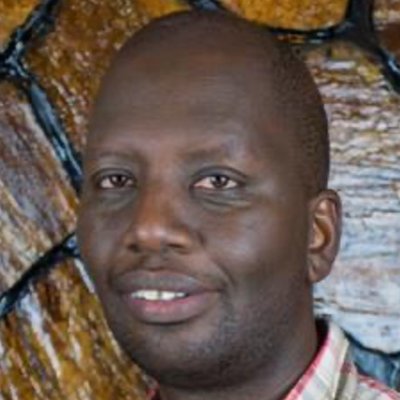
Bertin Gakombe,
Senior Health Management Advisor, Rwamagana District

Jean Pierre Ndagijimana,
Quality Improvement & Clinical Management Specialist
Got a question? Want to leave us a comment?
About the Partners

Founded in 2010, African Diaspora Network (ADN) is a Silicon Valley-based nonprofit that promotes entrepreneurship and economic development on the African continent and in the communities in which we live.
Muyumbu Health Center
Muyumbu Health Center is a primary health care facility located in Rwamagana– a rural district in the Eastern Province of Rwanda. The facility is one of the 15 health centers in the district and is serving a total catchment population of 30,654 with expected number of 864 antenatal care new registrations per year. The staff at this health center is composed of nurses, midwives, accountant, community and environmental health officer, social worker, customer care and laboratory technicians.

Health Builders is a non-profit organization registered in the United States of America and in Rwanda. The organization works in collaboration with the Ministry of Health (MOH) and the local governments to strengthen health systems with the ultimate objective of ensuring access to quality health services for the rural communities in most need in Rwanda.

Lead Funder




